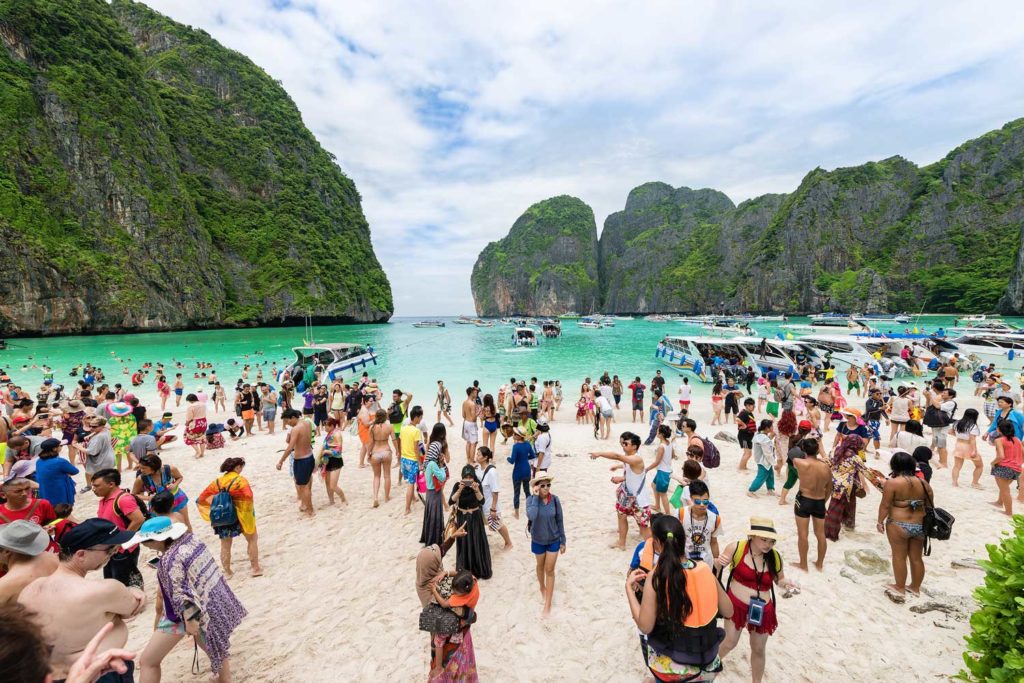REGENERATIVE TOURISM

Regenerative tourism or leaving a place better than you found it seeks to balance the economics of tourism with the well-being of its natural resources and communities.
RESPONSIBLE TOURISM

Sustainable tourism is defined by the UNWTO as “tourism that takes full account of its current and future economic, social and environmental impacts, addressing the needs of visitors, the industry, the environment and host communities”
THE IMPACTS OF TOURISM

Tourism can place too much pressure on fragile ecosystems causing degradation of the physical environment and disturbance to wildlife. Air travel, a necessity of international tourism, is a leading cause of air pollution. As well as this, cities which attract high numbers of tourists are dealing with over tourism.
THE PUBLIC-PRIVATE PARTNERSHIP FRAMEWORK FOR MEKONG TOURISM

The preliminary purpose of tourism is to improve the lives of residents and support the sustainability of the environment, social structures, and cultures. There are usually many stakeholders from the public and private sector involved. Governments enable tourism by providing policies and infrastructures. The private sector invites visitors to experience a destination and available products and services. There are very few destinations that, by nature, have a structure that offers benefits to residents and visitors.